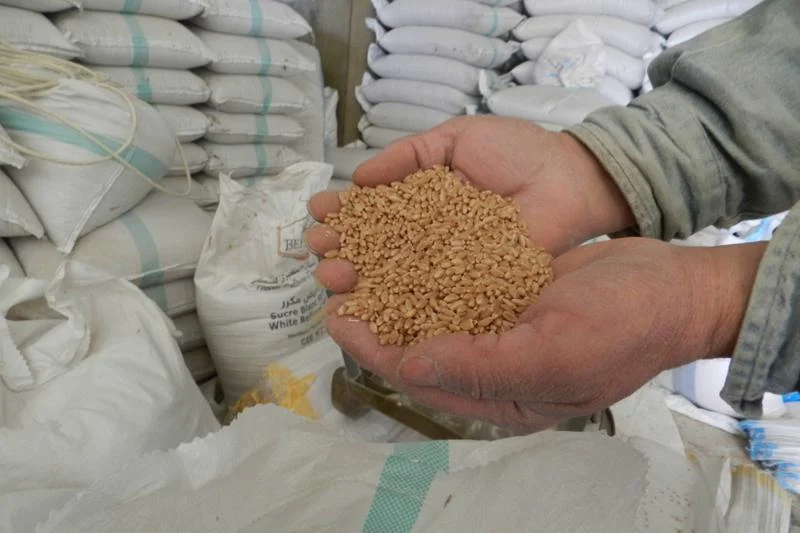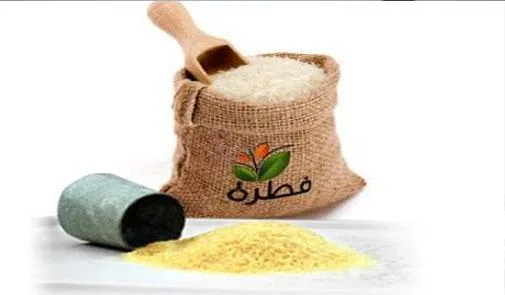Question: Is it permissible to discharge Zakaatul-Fitr from meat? Some of the desert dwellers don’t have food to distribute for Zakaatul-Fitr, so is it permissible for them to slaughter some of their animals and distribute it to the poor? *Please appropriately reference this fatwa to: www.fatwa-online.com, thankyou!* Answer: This is not correct, because the Prophet […]
Category: Zakat “Charity”
Is it permissible to discharge Zakaatul-Fitr in money?
Question: Is it permissible to discharge Zakaatul-Fitr in money? – with mention of the evidences *Please appropriately reference this fatwa to: www.fatwa-online.com, thankyou!* Answer: Zakaatul-Fitr is not permissible except (to be paid) from FOOD. And it is not allowed to discharge its value in money. This is because the Prophet (sal-Allaahu `alayhe wa sallam) made […]
Ramadan has come! Did you give in charity?
It is known and understood that wealth belongs to Allah The Almighty and that He Appointed His slaves as His successors to see how will they act. He Will Ask them about it when they stand before Him. How did they collect it? And how did they spend it? Whoever earned it from lawful sources […]
Zakah ( Charity)
The financial obligation upon Muslims. An important principle of Islam is that everything belongs to God, and that wealth is therefore held by human beings in trust. The word zakah means both “purification” and “growth.” Our possessions are purified by setting aside a proportion for those in need and for the society in general. Like […]
The ruling for denying Zakaatul-Fitr.
Question: What is the ruling for denying Zakaatul-Fitr and how is the denier to be dealt with? Response: It’s denial is not permissible (muharram)! Because it is egressing from that which the Messenger of Allaah (sal-Allaahu `alayhe wa sallam) has legislated, as has just preceded from the hadeeth of Ibn ‘Umar (radhi-yallaahu ‘anhumaa) (who said): […]
The Concept of Charity in Islam.
Charity, preached by every religion of the world, is a way of bringing justice to society. And justice is the essence of religion, Islam has therefore made charity, that is zakat, obligatory and binding upon all those who embrace the faith; it has been made into an institution in order to give in permanence and […]
What is the ruling in the case of someone compelled to discharge Zakaatul-Fitr by money?
Question: What is the ruling in the case of someone compelled to discharge Zakaatul-Fitr by money? And does it fulfill for him his obligation? Answer: It appears to me that if someone is compelled to discharge the Zakaatul-Fitr by money, then he should give them the money, and not openly disobey those in authority. But, […]
Zakatul-Fitr from the words of Sheikh Ibn `Uthaymeen.
Zakatul-Fitr is one Sa` (2 kilos, 40 gms) of food that a man offers at the end of Ramadan. Its reason is showing gratitude to Allah for His Favors by completing the month of Ramadan. When the sun of the last day sets, it becomes obligatory to pay it. Zakatul-Fitr is an obligatory duty which […]
The payment of Zakaatul-Fitr in money.
Question: Is it permissible to discharge the obligation of Zakaatul-Fitr on the first day of Ramadhaan? And is it permissible to distribute it in money? *Please appropriately reference this fatwa to: www.fatwa-online.com, thankyou!* Response: As for the discharging of it on the first day of Ramadhaan – there is Ikhtilaaf (difference of opinion among the […]
Dispatched Zakaatul-Fitr to my country.
Question: I dispatched the Zakaatul-Fitr, specifically pertaining to myself, to my family so that they can discharge it in my country. Is this action correct? Response: (This is) not a problem, (and) you shall be rewarded inshaa.-Allaah. Discharging it in your area is better, so that you discharge it to the needy in the area […]



